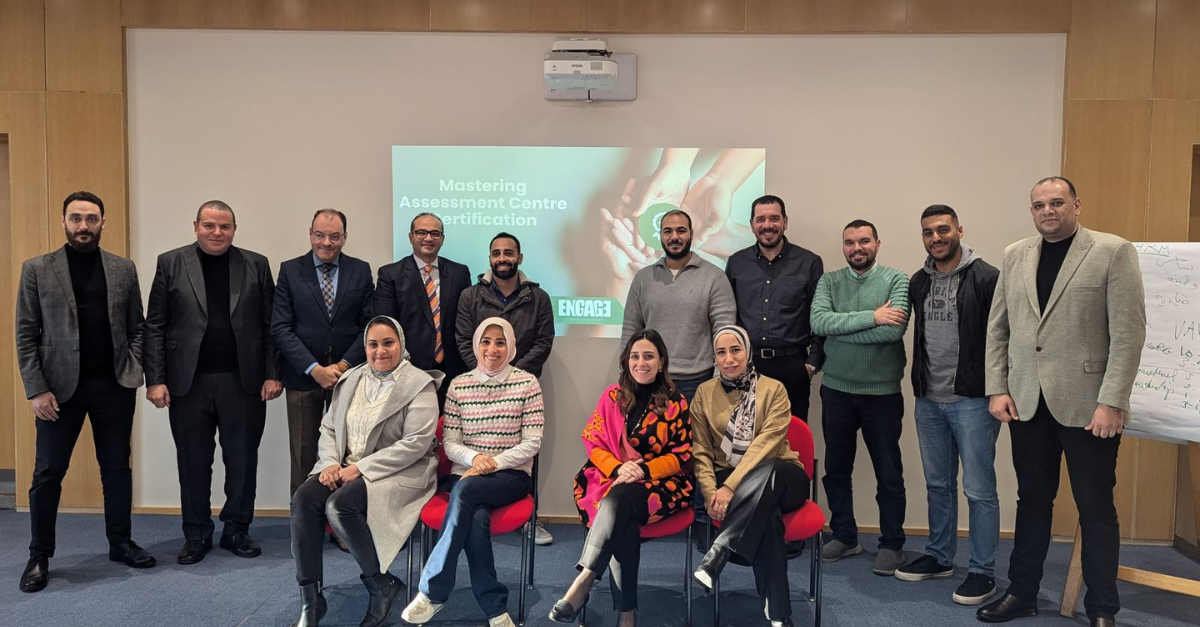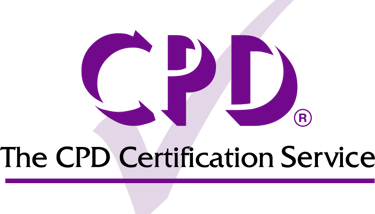PEOPLE AND CULTURE SOLUTIONS
Mastering Assessment Centres Certification
About the CPD Course
This intensive course provides you with the essential knowledge and skills to become a skilled assessor. You'll gain insights into planning and running successful assessment centres, including evaluating candidates, choosing suitable exercises, and delivering meaningful feedback. Learn practical approaches to identify strong candidates, promote fairness, and ensure accurate evaluations. After completing the course, you'll feel confident participating in talent selection processes that benefit both assessors and candidates equally.


Course Overview:
Our intensive Assessment Center Skills Training prepares you to become a confident assessor who can effectively plan and run assessment centers. You’ll learn practical techniques for evaluating candidates, selecting relevant exercises aligned with specific competencies, and providing clear, unbiased feedback. The course will guide you in recognizing outstanding talent and creating a selection process that's fair and beneficial for everyone involved. By the end, you'll have the skills to design thoughtful assessments, deliver constructive feedback, and confidently support hiring decisions that positively impact your organization and candidates alike.
Workshop Methodology:
The Assessment Center Workshop prioritizes practical application through a learning-by-doing approach. Participants will gain comprehensive knowledge of assessment centers, from understanding their purpose to designing them and becoming effective assessors. The workshop environment is a practical session where participants utilize our tools, expertise, and newly acquired knowledge to build a complete assessment day. This hands-on experience allows them to put everything they've learned into action and gain a firsthand understanding of the assessment center development process.


Course Outline:
Module 1: Introduction to Assessment Centers
Understanding Assessment Centers: Gain a comprehensive understanding of assessment centers (ACs) and how they differ from other selection methods.
The Value of Assessment Centers: Discover the strategic advantages of ACs in identifying top talent and building high-performing teams.
Designing Effective Assessment Centers: Learn the core principles of designing customized ACs tailored to specific roles and competency models.
The Importance of Competency Models: Grasp the role of competency models in defining desired candidate profiles and guiding AC development.
Module 2: Exploring Assessment Center Activities
Interactive Assessment Activities: Experience a variety of AC activities through interactive learning, including:
Group Discussions: Evaluate collaborative and communication skills.
Leaderless Group Discussions: Uncover leadership capabilities in action.
Role-Playing Exercises: Assess problem-solving and decision-making abilities.
Analysis Presentations: Evaluate analytical thinking and communication clarity.
In-Tray Exercises: Gauge prioritization, time management, and decision-making under pressure.


Module 3: Getting Ready for Assessment Day
The Power of Measurement: Explore how assessments can provide valuable insights into candidate capabilities.
Matching Skills to Needs: Learn to align assessment activities with the specific competencies required for the targeted role.
360 Feedback Integration: Understand how to incorporate 360-degree assessment into the assessment center process.
The Assessment Team: Discover the roles and responsibilities of various individuals involved in running a successful assessment day.
Planning the Day: Learn best practices for scheduling the assessment day to optimize time and maximize effectiveness
Essential Guides: Explore the resources available, including assessor and participant guides, to ensure a smooth and informative experience for all involved.
Module 4: The Assessment Day Experience
Setting the Stage: Understand the purpose of the orientation presentation and its role in setting expectations for candidates.
Do's and Don'ts: Gain valuable insights into best practices and common pitfalls to navigate the assessment center effectively.
Crafting Realistic Scenarios: Learn how to develop realistic and relevant scenarios for role-playing activities.
Gathering Evidence: Explore strategies for effectively collecting evidence during assessment activities to support candidate evaluation.
Module 5: Following Up: Post-Assessment
Developing Insights: Discover how to compile and analyze the assessment data to generate a comprehensive assessment center report
Individual Growth: Learn how to create individual development plans based on assessment findings to support individual growth.
Providing Feedback: Understand the importance of providing clear and constructive feedback to candidates after the assessment day
Get in touch

Location
5th floor Rayhanah Plaza, Maadi. Cairo, Egypt.
© 2025
Powered and secured by ENGAGE
Meydan Grandstand, 6th floor, Meydan Road, Nad Al Sheba.Dubai, UAE.
